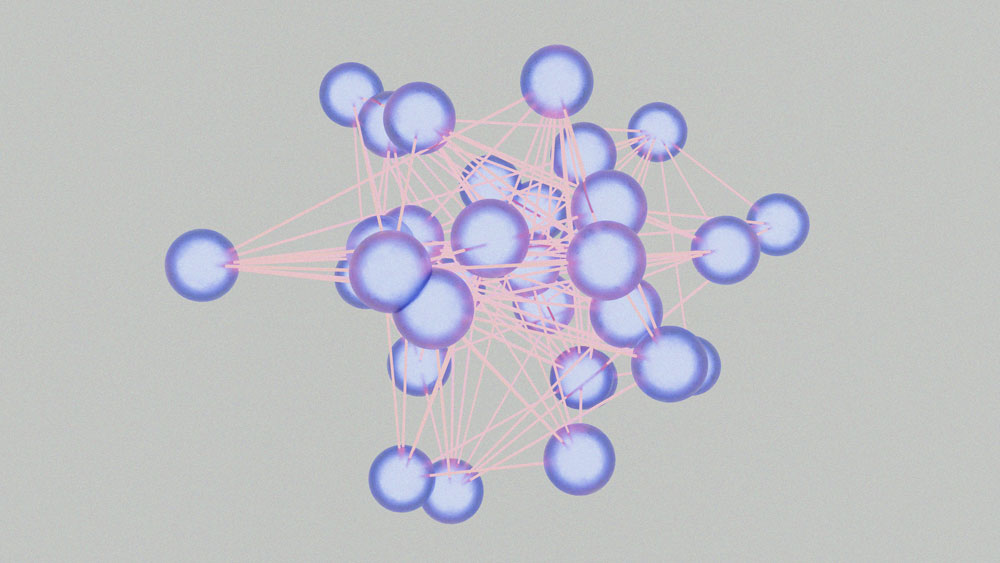Silver Spoons and Broken Ladders
What Is Nepotism, and Why Should We Care?
At its core, nepotism is about giving preferential treatment to family members or close friends, when it comes to job opportunities, promotions, or other career advantages. In a world where merit, qualifications, and hard work should take precedence, nepotism undermines the concept of a level playing field. Instead, the game is rigged in favour of those with the “right” last name or family connections.
This practice can often be a silent but powerful force in hiring decisions, shaping which candidates are granted the chance to even interview for a role in the first place. For Personal Assistants (PAs) and Executive Assistants (EAs), where trust, discretion, and professionalism are crucial to success, being overlooked for a position due to someone’s family connection can feel especially frustrating. Even if you’re fully qualified and capable of excelling in the role, that invisible hand of nepotism can prevent you from even being considered.
The Impact on Companies: Short-Term Wins vs Long Term Losses

On the surface, nepotism can seem like a harmless gesture – a way to offer opportunities to those you care about. Hiring a family member or friend can bring immediate trust and loyalty, making it easier to onboard them into the company culture. There’s a certain comfort level in hiring someone you already know, or know of. It can expedite the hiring process, bypassing the often lengthy and complex vetting stages, which is tempting for any business trying to streamline operations.
But here’s the problem: what happens when these connection-backed hires aren’t as qualified or capable as their merit-based counterparts? Over time, companies that lean too heavily on nepotism run the risk of fostering a toxic culture, where skill and competency take a backseat to family ties. The resentment among employees who feel overlooked in favour of personal connections can quickly erode team morale and overall productivity. After all, most employees want to believe that their hard work and talent will lead to opportunities, not that their advancement is determined by who they know.
Moreover, the long-term consequences of nepotism can stifle growth and innovation. When promotions and opportunities are given based on relationships rather than merit, top performers may become disillusioned, leaving the company in search of a place where their skills are truly valued. This can lead to a loss of talent that’s hard to replace. In the long run, businesses that lean too heavily on nepotism don’t just become unfair – they become less competitive.
Why Being Good Isn’t Good Enough: The Impact on Candidates
For candidates, the effects of nepotism can be even more pronounced. For example, PA and EA roles require a unique set of skills – organisational expertise, multitasking abilities, adaptability, trust, discretion, instinct, problem solving, and emotional intelligence. A great PA or EA can make or break a team, yet when the hiring process is driven by nepotism, exceptional candidates might never get a shot.
A PA with years of experience, a proven track record, and gleaming references can still find themselves overlooked because they don’t have the right connections. It’s a disheartening dynamic that not only stalls individual careers, but also undermines the long-term potential and performance of the company making those choices.

The Flip Side: When Connections Help…and When They Hurt
Now, let’s be fair: not every hire made through a personal connection is doomed to fail. There are some instances where hiring a family member or friend can have its merits, particularly in terms of loyalty and trust. A close relationship with the person in charge can create a smoother working dynamic, leading to faster decision-making and more effective communication. Cultural fit is also another consideration; a family member or friend who knows the company’s values and mission can often adapt more quickly than someone from the outside.
There are also times where nepotism can provide opportunities for candidates who might not have had the chance otherwise. A candidate with great potential but who lacks a specific degree or the right experience might be given a chance if they know someone in the company. In these cases, nepotism can provide opportunities for individuals who may otherwise be overlooked, giving them a chance to prove their worth where they might not have been given the same opportunity through traditional recruitment processes.

Performance, Not Pedigree: Towards a Fairer System

In the world of PAs and EAs, where even the doorway can be guarded by layers of gatekeepers, having a relative or friend holding it open can seem like the golden ticket. But we need to work towards a fairer solution, where candidates are evaluated based on their skills, qualifications, and potential, rather than their family connections.
One way to achieve this is by working with recruitment companies that can help broaden the talent pool, ensuring access to qualified candidates who have expertise and drive. Recruitment companies specialise in finding candidates based on merit, not family ties, and can uncover talent who might otherwise be overlooked.
Additionally, businesses should invest in programs that support young and emerging talent, such as mentorship opportunities, internships, and work experience initiatives. These programs can level the playing field, offering individuals from diverse backgrounds the chance to gain hands-on experience and prove their abilities in a corporate setting.
Overall, companies must champion fair, transparent hiring practices - structured interviews, clear job descriptions, genuine commitments to diversity, and pathways for advancement based on performance, not pedigree. And hiring managers should ask themselves: Am I choosing this person because they’re the best? Or because they’re the easiest to choose? Only by making merit the main currency of opportunity can businesses – and their people – truly succeed.
